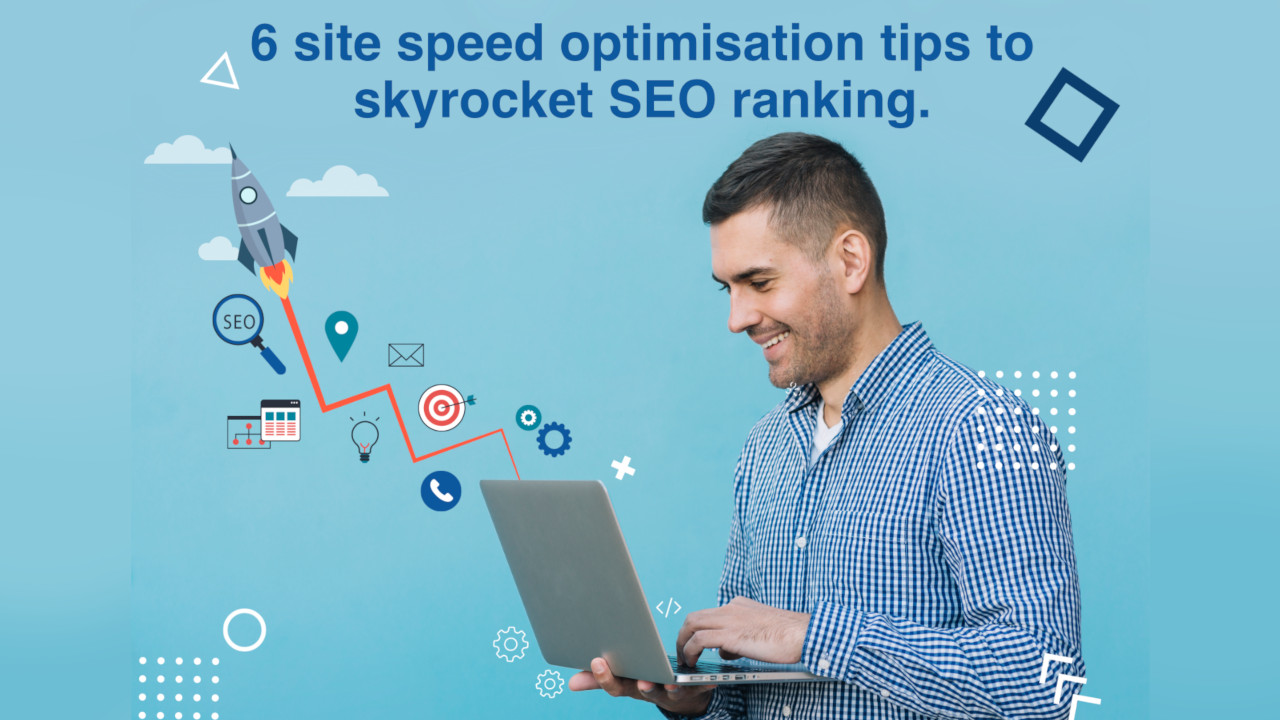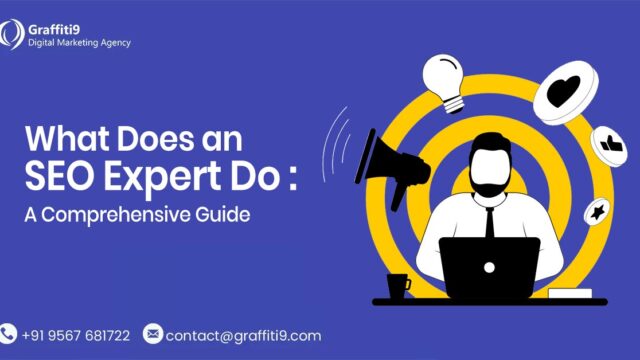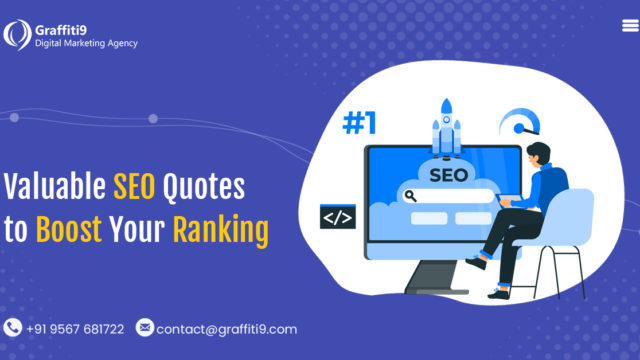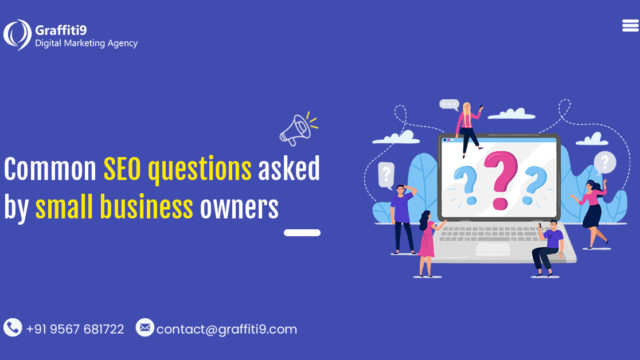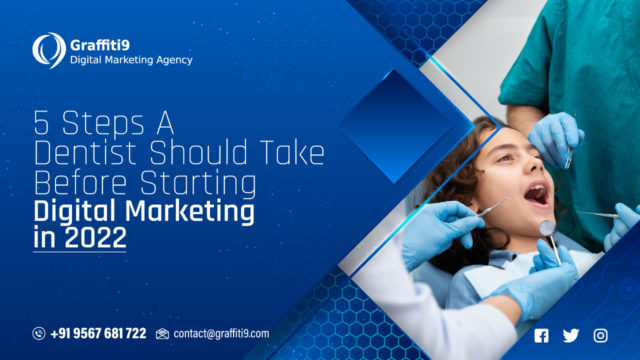Google has confirmed that site speed is one of the most important factors determined by its algorithm for Search Engine Rankings. The concept of page speed is intertwined with the website speed for a better user experience. “If your website loads faster, you make money faster,” says Max Goldberg, digital marketing specialist. Let us discover benefits of website speed optimization tips to lower the bounce rates and improving the Google rankings.
Optimizing the plugins
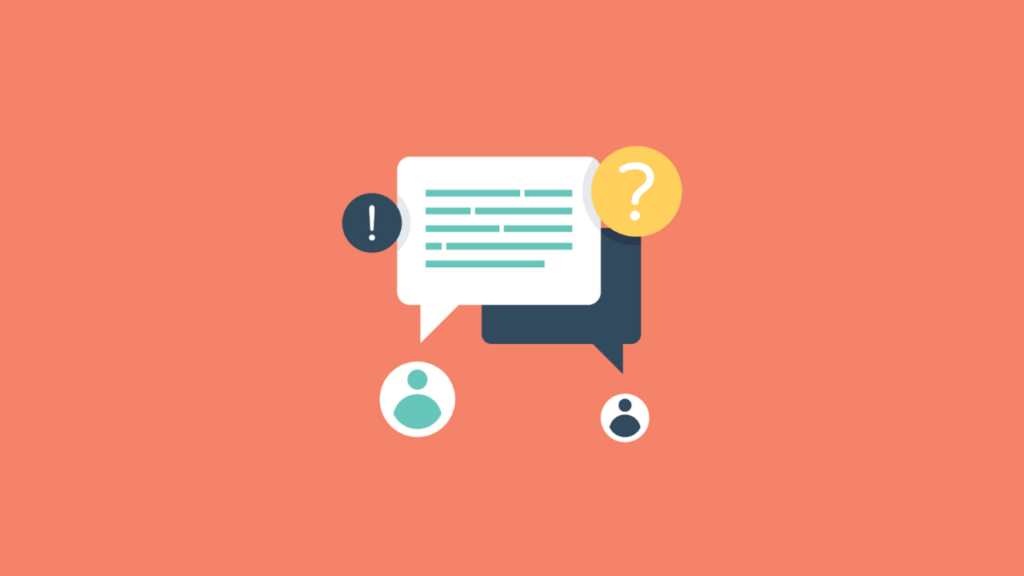
Plugins are common and integrated parts of a website. Analyze your plugins to remove the unwanted ones. There is a myth that image plugins can have a negative impact on website speed as they include additional PHP and SQL requests. Though time-consuming, manual optimization and reloading of plugins can bring in severe benefits as they compress the size without compromising the quality.
Update your PHP to version 7 (if PHP is used)
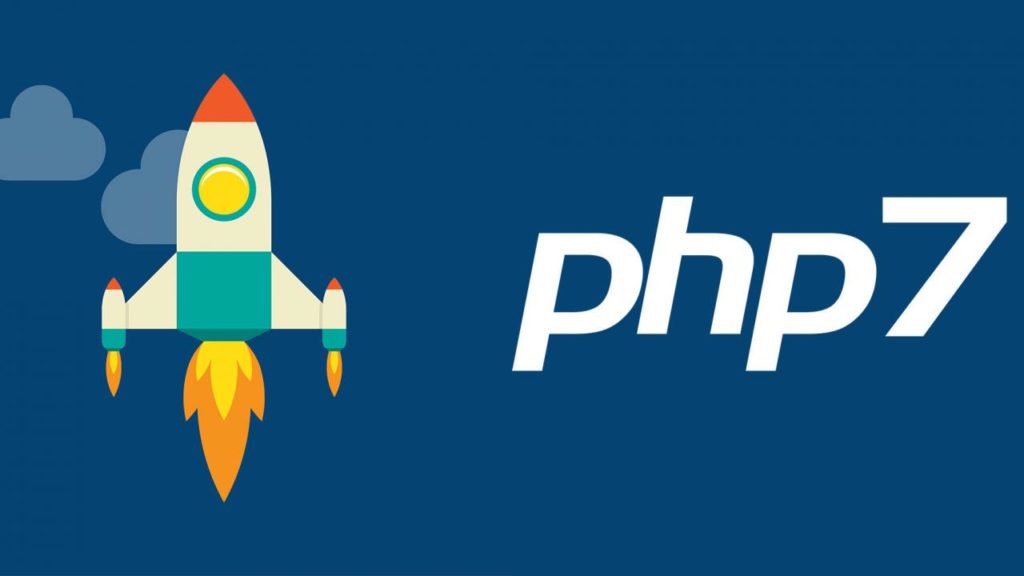
Updating to version 7 from PHP assures a lot of benefits with a huge impact on website speed. Version 7 is two to three times efficient than PHP 5.6.
Advantages of version 7
- Faster
- More secure
- More resource efficient
Make use of the Page Speed Insights Tool from Google
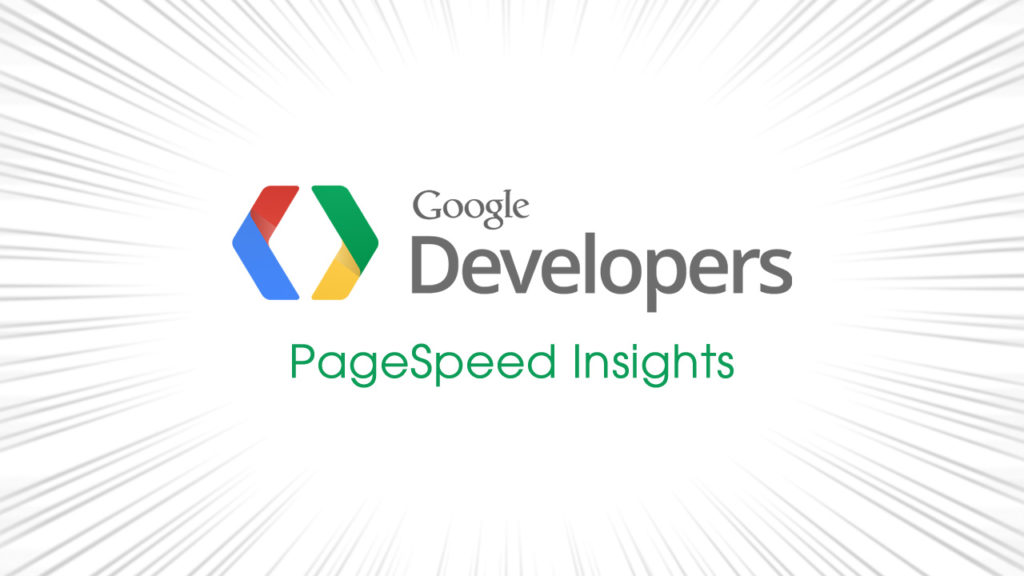
Google’s Page Speed Insights Tool is excellent for webmasters to check their site loading speed in comparison to other websites. Bookmark the feedbacks and start improving one by one. You can check your competitor’s website loading speed as well for a detailed analysis.
Accelerated Mobile Pages, AMP
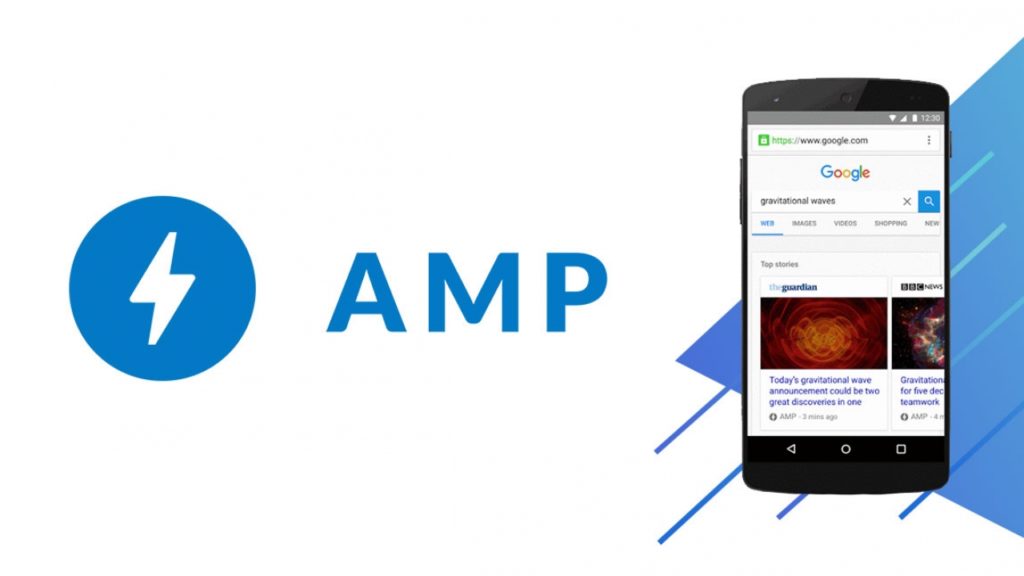
AMP is a new open-source standard for mobile devices preferred by Google. Instead of content loading, Google indexes its own version which loads quickly on mobile devices. Convert new posts to AMP for a better user experience.
Reduce Server Response Time
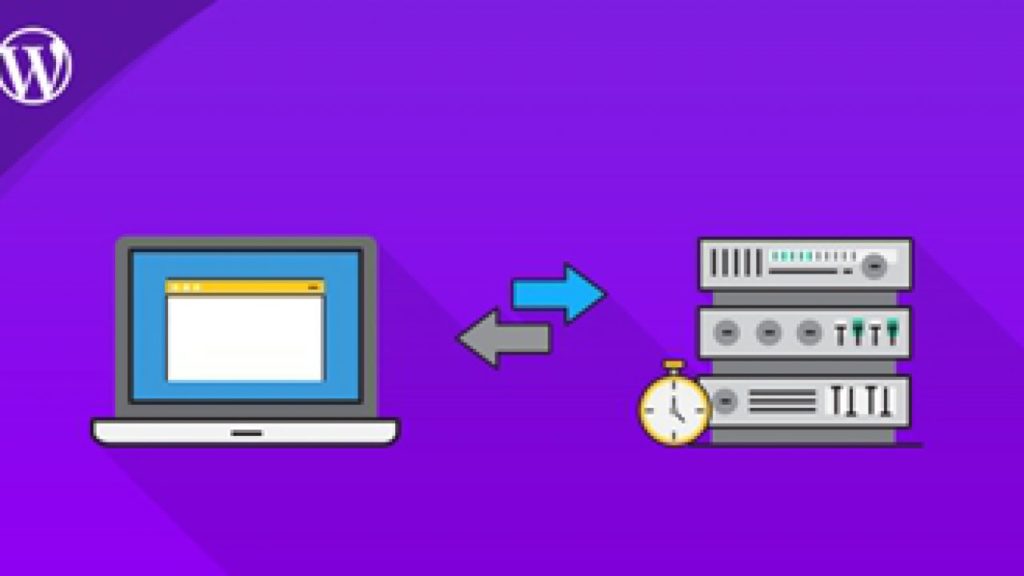
The time taken to fetch your site depends on the efficiency of your Domain Name System (DNS) provider. If it is not performing well, do a comparison and switch to a faster DNS provider.
Analyze your third-party tools

Do a thorough analysis of third-party tools, especially the review tools to,
- Eliminate the unwanted ones/low performing ones
- Cache the third party tools regularly
- It is the most important to be on par with the client expectations.
Realize that improving the website speed can bring about a primary level of ranking boosts and redirection of organic traffic. Whereas site speed optimization can,
- Improves crawling
- Improves conversions and customer engagement
- Improves brand reputation
Following the above strategies honestly can make you feel the change at the earliest. Sounds interesting? Request a call back from our SEO expert to get more practical insights to improve your business.


